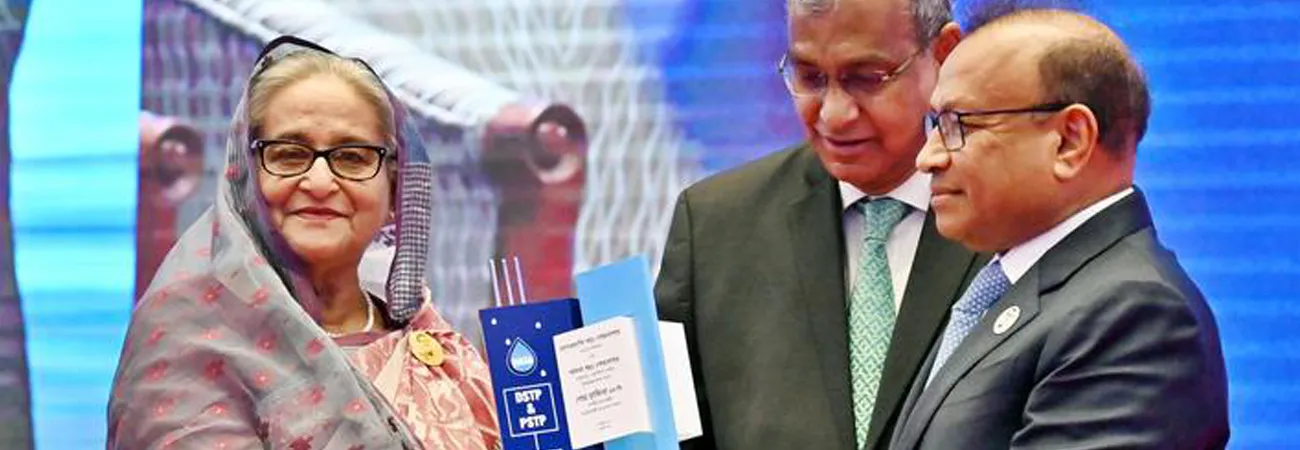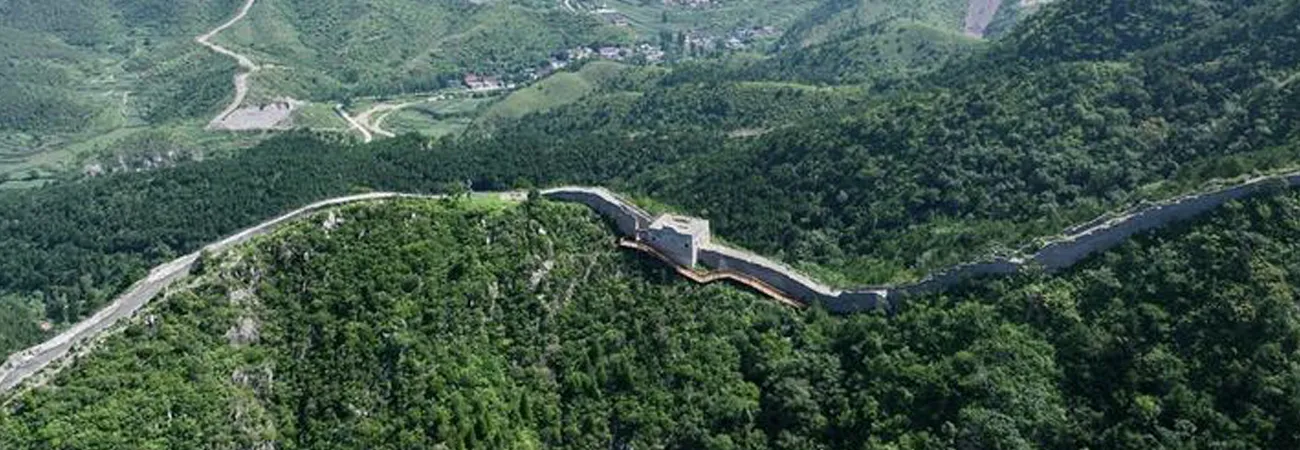BEIJING, April 2 (INP): Optimum results of China-Pakistan Economic Corridor (CPEC) could be well achieved by linking it with regional countries, particularly India Afghanistan, Iran and the Middle East, says a report appeared in the daily Global Times.
Given the bitterness of India-Pakistan relations, Pakistan neither officially invited India to join nor did India show any interest in the corridor. New Delhi in fact opposed it.
Indian opposition comes from its alleged sovereignty issues.
New Delhi claims that a part of the corridor passes from Pakistan-controlled Kashmir, Azad Kashmir, which India asserts is its own sovereign territory.
In the Indian view, China and Pakistan have no right to develop the corridor.
This is not the first time China and Pakistan have developed projects in Kashmir
This is not the first time
China and Pakistan have
developed projects in Kashmir. In the past they developed projects like the 1970s Karakoram Highway. India needs to realize that its participation or opposition, and the development of Kashmir as a result of the corridor, will not affect the legal positions of India and Pakistan on Kashmir.
Secondly, if one supposes for a while that the corridor truly involves a disputed territory, then what about the Bangladesh, China, India, Myanmar Corridor launched earlier than
CPEC and not passing through any disputed area? This corridor received a lukewarm response from India and so did not achieve any progress.
In fact, many Indian quarters view China-led projects with deep suspicion. They cannot break from the past and continue to view Sino-Indian relations from the prism of the 1960s. This mind-set led India to boycott the
Belt and Road Forum for International Cooperation where it missed the opportunity to interact with delegates from more than 60 countries. We assume that all of them had come to Beijing after careful consideration. Even India's close ally the US and Japan had representation.
India needs economic development
It is India's legitimate right to decide whether or not to join the project. However, distancing itself from a 21st century project of unprecedented connectivity,
economic opportunity and interdependence is worth a second thought if India aspires to big power status. To achieve its ambitions, India needs economic development which is entwined with the uninterrupted flow of energy and peaceful borders.
It might be difficult for India and Pakistan to think about a change in their nationalistic perspectives on Kashmir. To begin, they can devise a modus operandi that cooperation on the corridor will not affect their stance. Or at least India can join or be invited to participate where alleged sovereignty is not infringed.
Every cloud has a silver lining. Apart from public discourses, serious quarters in both India and Pakistan do explore possibilities of cooperation. An earliest realization is better, the report added.
INP/J/AJ





